
Drivers in Adama (Nazareth) town, 90Km east of the capital, are compelled to meet their fuel demands under the table at high prices due to supply shortages. The long queue contests the main roads of the cities as drivers stay deadly frustrated with the hours of wait.
Following the government's plan to phase out fuel subsidies in a year, Authorities at the Ministry of Trade & Regional Integration raised fuel prices by about 10pc this January, the third adjustment in less than nine months. A litre of diesel increased by 13pc to 67.3 Br, while Benzene rose by seven percent to 67.29 Br a litre.
According to Kidus Dereje, manager at one of the NOC gas stations, a truck every couple of weeks comes to the station with close to 20,000ltr, two-thirds of their reservoir. He said they regularly call the police when a fuel truck arrives, fearing the chaos that unfolds in the queues.
"We've lost a co-worker during an altercation," he said.
The demand has risen by an average of 14pc annually over the past decade. The "vendors" collect fuel from several stations through motorcycles. Esubalew Getachew, 26, makes his living through this process. He sends out motorcycles to towns, including nearby towns. He said most of his customers are vehicles demanding small amounts, such as motorcycles and three-wheeled vehicles.
The state-owned Ethiopian Petroleum Supply Enterprise is the sole importer of petroleum products. It floats international tenders annually and shipped in 3.7 million tons of fuel at the cost of 72.6 billion Br two years ago.
"Fuel consumption has been increasing gradually with the unresponsive government to the clamour," says Afework Tilahun, a board member at the Ethiopian Petroleum Dealers Association.
Kaleab Solomon, a three-wheel vehicle driver in Adama town, prefers the unlawful and pricy route of paying 110 Br a litre, from the endless lines at the gas stations are time-consuming. The frequent need for relatively less volume has made Kaleab turn to "vendors" catering to his need starting from two litres for 220 Br.
The doubled price adds extra pressure on his average daily earnings rounding up to 1,000 Br.
"It takes a minimum of an hour to refill at the stations," he told Fortune. "Either one stops working or buys the fuel for double the price."
Paying double the price may have worked for three-wheeled drivers. However, taxi drivers hit by the inflationary wave choose the waiting route. They line up on the side of the streets of Adama, waiting for their turn. A police officer is usually present, as chaos is common each time a fuel truck arrives.
The taxi driver Tariku Alemayehu usually wakes up before sunrise to claim his spot at the gas station as the price under the table costs more than he earns. In business for over a decade, he claims to have never been hit this hard by a financial crisis.
Authorities are aware of the problem with plans to control the transaction from the gas stations.
"The subsidy to support the transport sector has opened the door for illicit trade," said Bekelch Kuma, public relations director of the Petroleum & Energy Authority.
The expert on petroleum and former CEO of Dalol Oil S.C., Serkalem Gebrekirstos (PhD), said the regulatory body is not up to speed. He said that the sector needs an organised controlling mechanism and can get stored data from the oil companies.
PUBLISHED ON
Feb 04,2023 [ VOL
23 , NO
1188]

Editorial | Dec 07,2024

Fortune News | Feb 02,2019
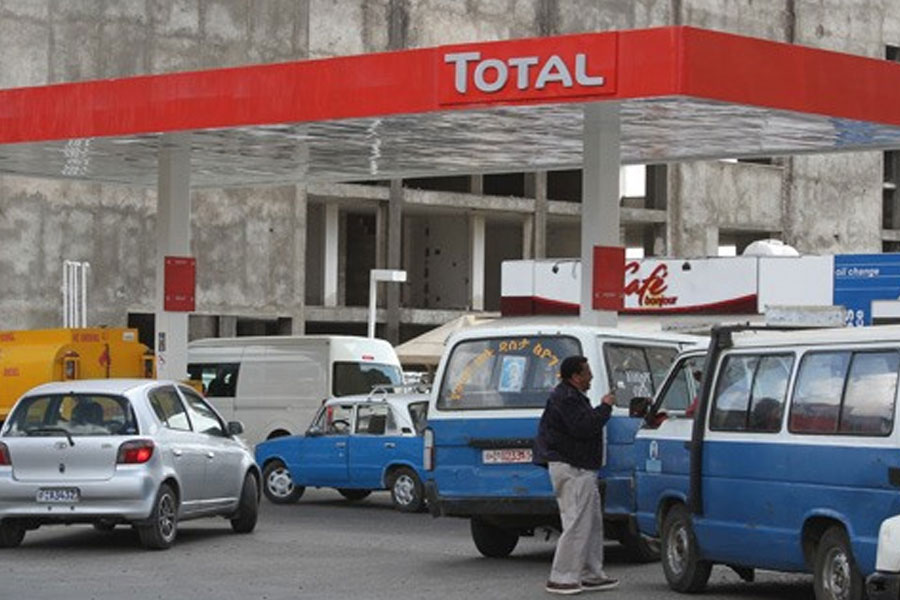
Fortune News | Mar 13,2021
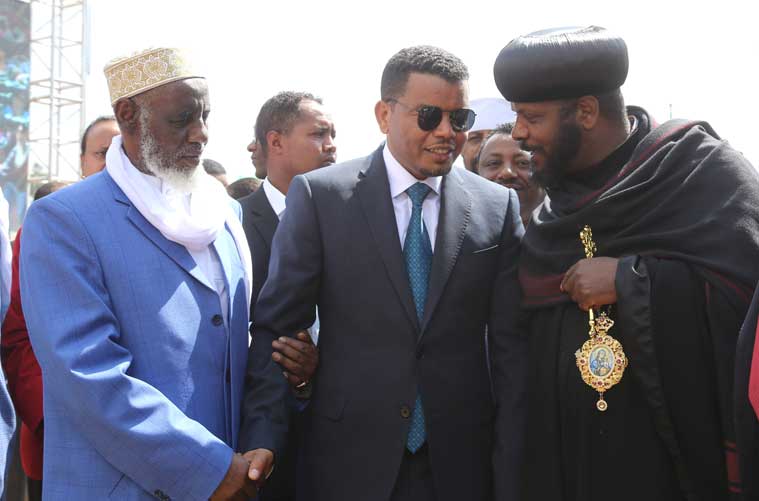
Fortune News | Nov 02,2019
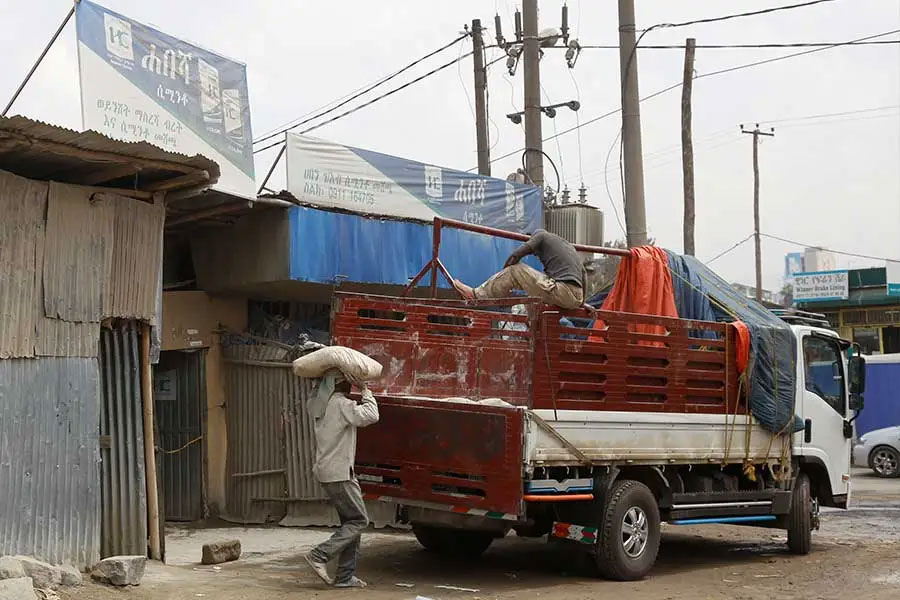
Fortune News | Aug 27,2022

Radar | Jun 18,2022
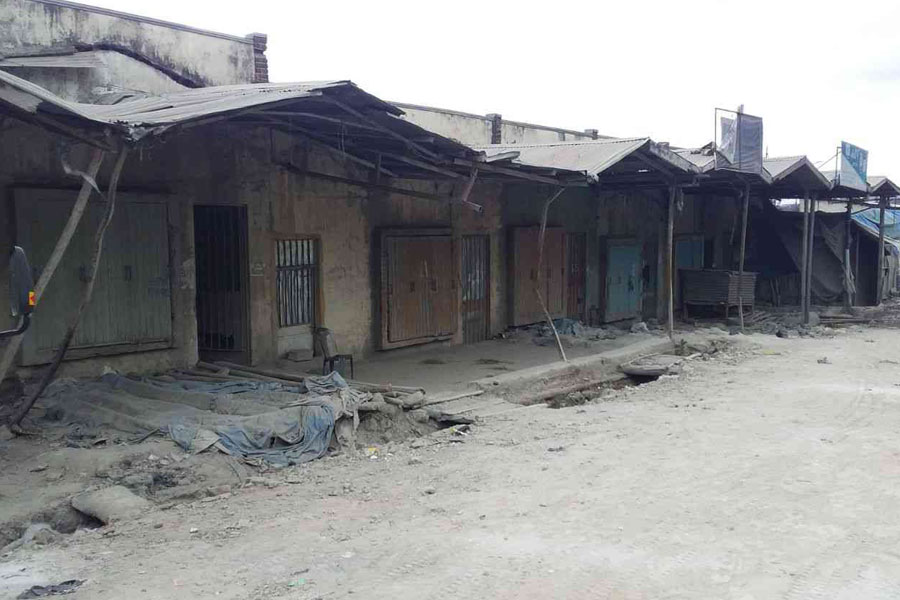
Fortune News | Jan 01,2023
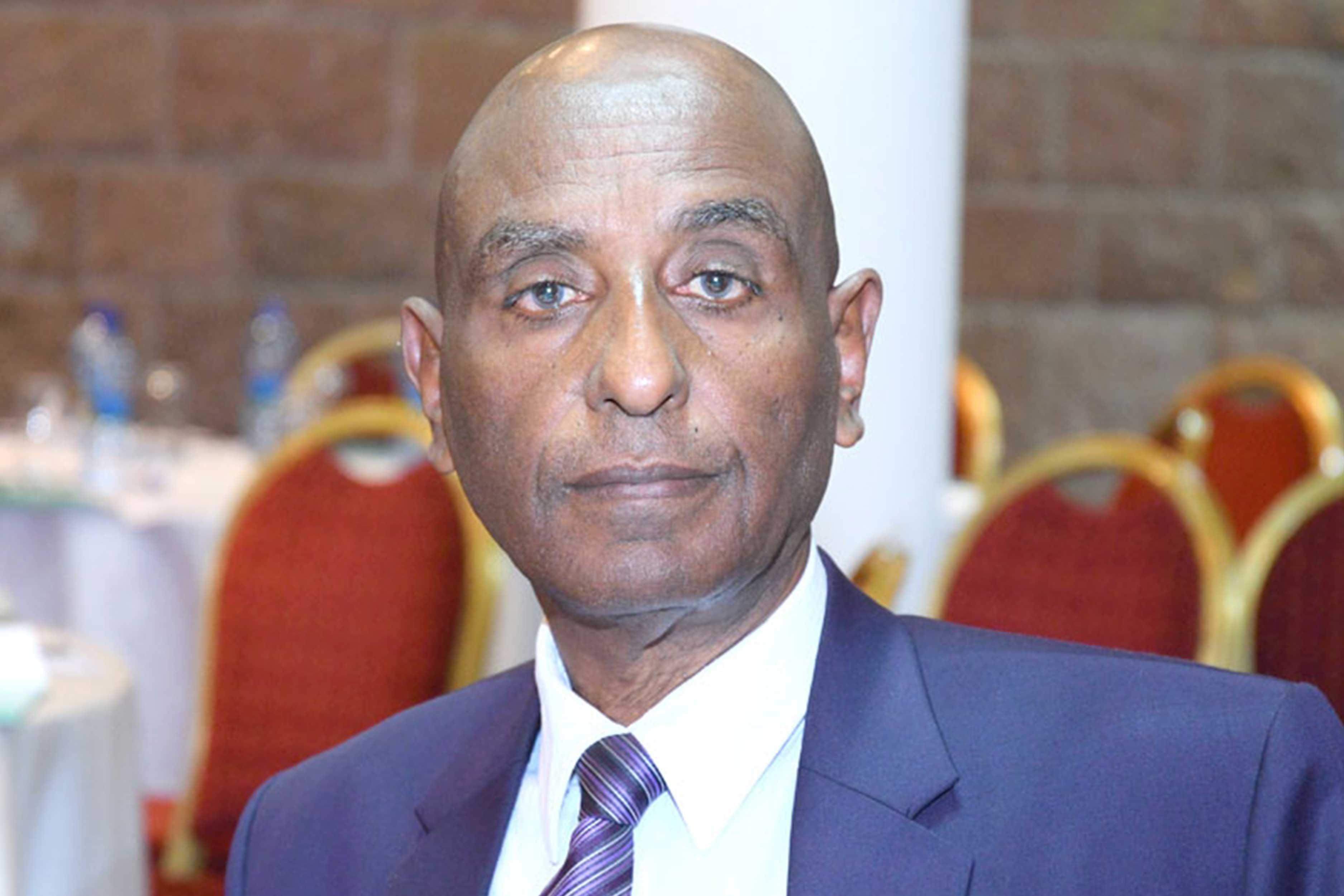
Fortune News | May 02,2020
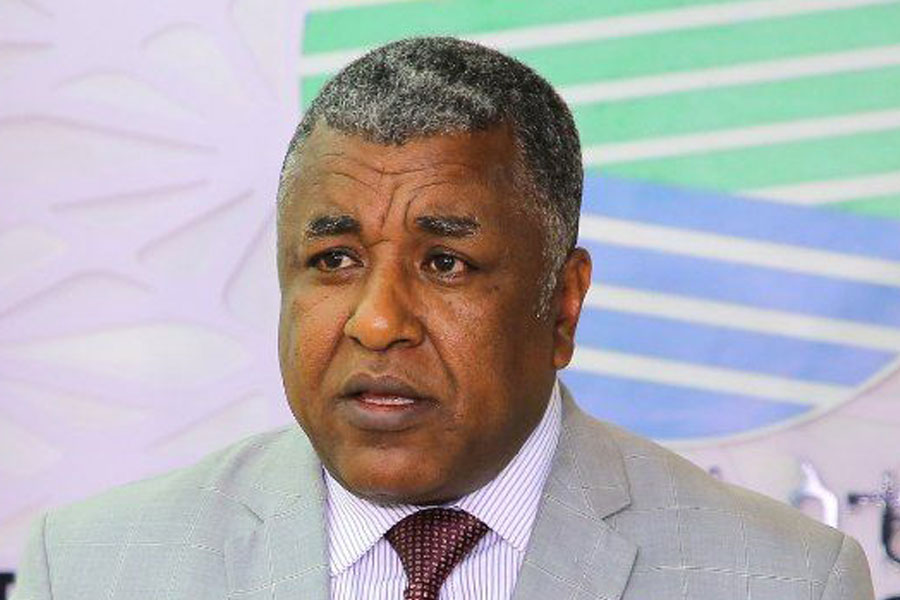
Fortune News | Nov 03,2024

Radar | Aug 20,2022

Dec 22 , 2024 . By TIZITA SHEWAFERAW
Charged with transforming colossal state-owned enterprises into modern and competitiv...

Aug 18 , 2024 . By AKSAH ITALO
Although predictable Yonas Zerihun's job in the ride-hailing service is not immune to...

Jul 28 , 2024 . By TIZITA SHEWAFERAW
Unhabitual, perhaps too many, Samuel Gebreyohannes, 38, used to occasionally enjoy a couple of beers at breakfast. However, he recently swit...

Jul 13 , 2024 . By AKSAH ITALO
Investors who rely on tractors, trucks, and field vehicles for commuting, transporting commodities, and f...

Jun 28 , 2025
Meseret Damtie, the assertive auditor general, has never been shy about naming names...

Jun 21 , 2025
A well-worn adage says, “Budget is not destiny, but it is direction.” Examining t...

Jun 14 , 2025
Yet again, the Horn of Africa is bracing for trouble. A region already frayed by wars...

Jun 7 , 2025
Few promises shine brighter in Addis Abeba than the pledge of a roof for every family...